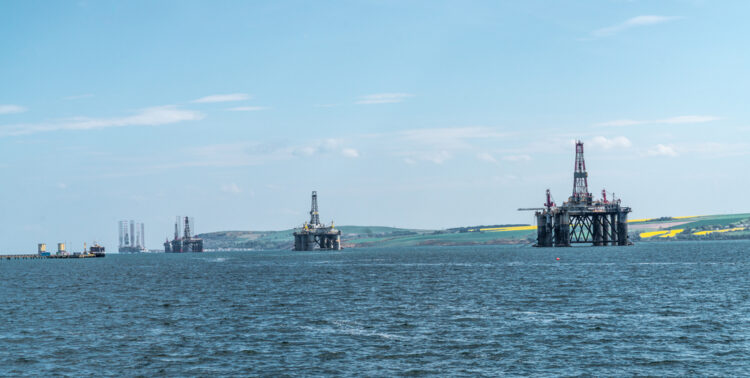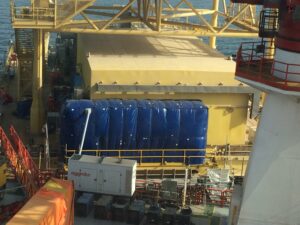Navigating the Challenges of the North Sea Oil and Gas Industry: A Path to Progress
Introduction:
The North Sea has long been a vital hub for the oil and gas industry, but it is currently facing numerous challenges. Declining reserves, environmental concerns, and the shift towards renewable energy sources have created a complex landscape. However, with proactive measures and innovative strategies, there is hope for the industry’s rejuvenation and sustainable growth.
- Declining Reserves: One of the primary challenges faced by the North Sea oil and gas industry is the depletion of reserves. Many of the large and easily accessible fields have already been tapped, leading to a decline in production. To address this, operators must focus on exploring and developing smaller, more challenging fields. Advanced technologies, such as improved seismic imaging and enhanced recovery techniques, can be employed to maximize extraction from existing reserves.
- Environmental Concerns: The environmental impact of oil and gas extraction in the North Sea cannot be ignored. To mitigate this, the industry must prioritize environmentally friendly practices. Rigorous monitoring and adherence to strict regulations can help minimize the release of pollutants into the ecosystem. Embracing clean technologies, like carbon capture and storage (CCS), can reduce greenhouse gas emissions. Additionally, transitioning towards renewable energy sources can help diversify the region’s energy mix.
- Skilled Workforce and Innovation: The industry must address the challenge of maintaining a skilled workforce. As experienced professionals retire, attracting and retaining new talent becomes crucial. Collaborating with educational institutions and offering comprehensive training programs can help develop a pipeline of skilled workers. Encouraging innovation and supporting research and development initiatives can also foster technological advancements, making operations more efficient and cost-effective.
- Collaboration and Infrastructure: Given the complex nature of the North Sea, collaboration among industry players, governments, and regulatory bodies is essential. Sharing infrastructure, such as pipelines and platforms, can reduce costs and optimize operations. Enhanced cooperation can also lead to knowledge exchange, enabling the adoption of best practices and improved safety measures.
Conclusion:
While the North Sea oil and gas industry faces significant challenges, it is not without opportunities. By focusing on sustainable practices, embracing innovation, and fostering collaboration, the industry can overcome these obstacles. Transitioning towards renewable energy sources and adopting cleaner technologies will be crucial for long-term success. Moreover, investing in the development of a skilled workforce and exploring new reserves can pave the way for a revitalized and resilient industry in the North Sea. With a proactive approach and a commitment to responsible operations, the region can secure its energy future while safeguarding the environment.




